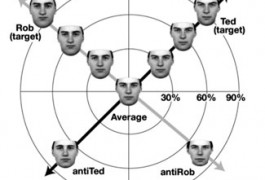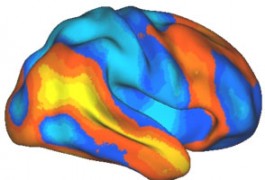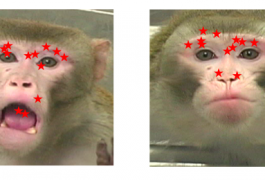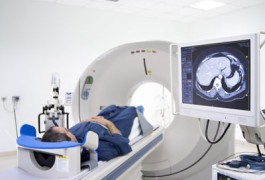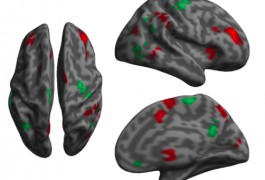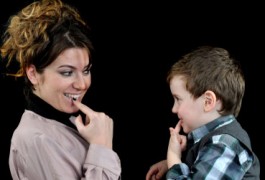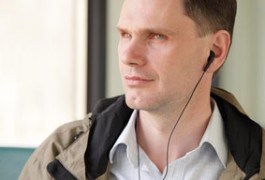Cognition and behavior: Autism families see things differently
Family members of individuals with autism process faces and scenes differently than do controls, according to two new studies, one of them published in October. This suggests that visual processing may be an autism endophenotype — a measurable symptom that represents part of the genetic risk of a disorder.
